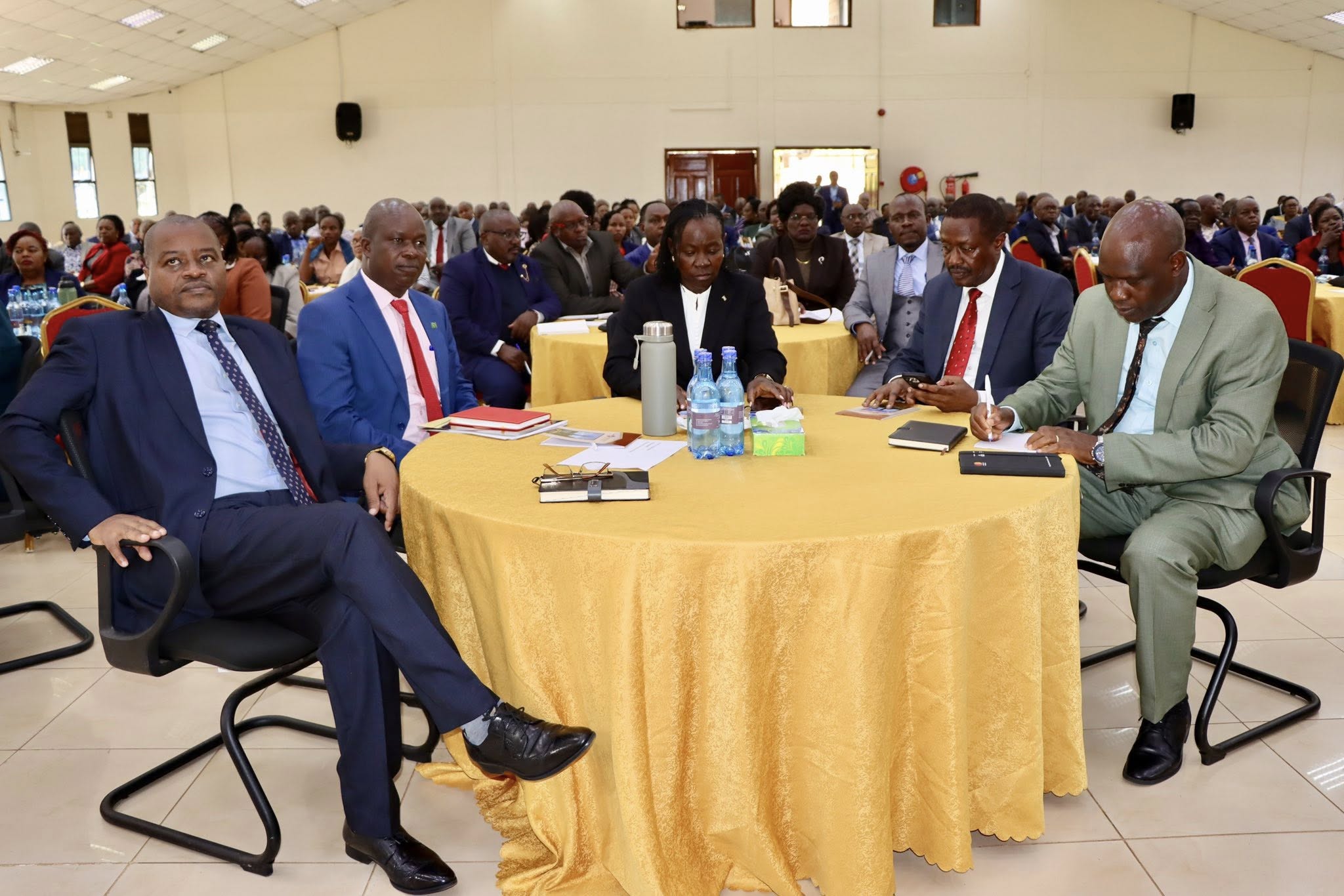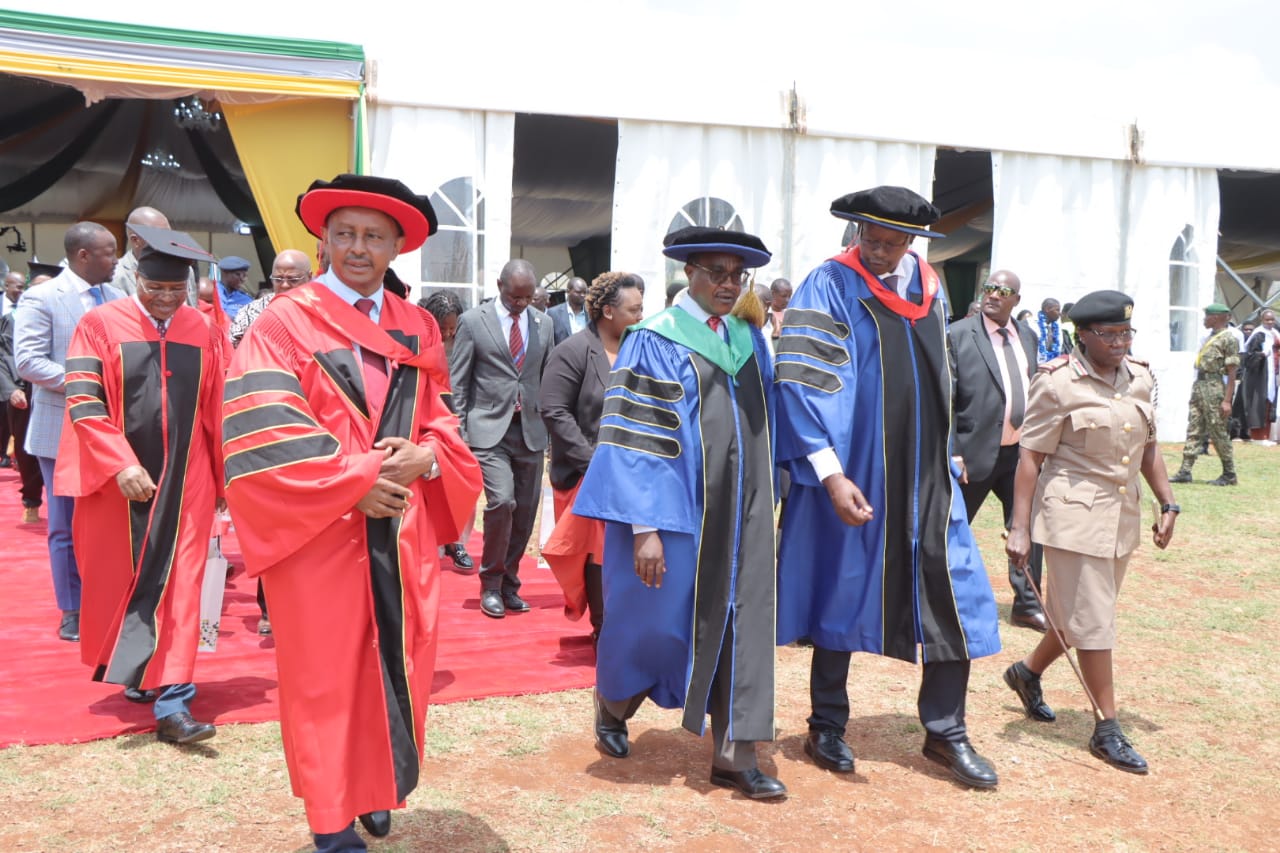By Malachi Motano
The State department of Vocational and Technical Training (VTT) is working towards development of a comprehensive programme to guide the accreditation process and automate verification of student certifications in the country.
According to the Principal Secretary (PS) Dr. Margaret Mwakima, the absence of a nationally accepted institutional and programme accreditation system and standard is one of the challenges that the country has faced on qualification, which has also led to rampant production of fake certificates and qualifications.
The PS regretted poor documentation of who has been awarded which qualification in the country, including a database of how many people have which qualifications.
“There is lack of coherence and fragmentation of our qualifications system, this is where different institutions offering the same qualifications had different approaches in terms of entry behaviour, volume of learning and learning outcomes,” said the PS.
She was making the remarks when she presided over a virtual training of Qualifications Awarding Institutions (QAIs) on Kenya National Learners Records Database (KNLRD) where she said that it is against this backdrop that the Kenya National Qualifications Authority (KNQA) has come up with National Qualification Information Management System (NAQIMS), an automated system established to accredit QAI’s, register national qualifications and populate and maintain national learners records database in accordance to the KNQF Act no 22 of 2014.
“It is my expectation that once this NAQIMS platform is rolled out, accreditation of QAIs, registration of qualifications and learners will be a process that can be easily done, institutions can do so at the comfort of their offices and not necessarily travel to KNQA offices and services,” said the PS.
The PS said that all QAIs will be expected to abide by the law by accrediting their institutions and registering qualifications as stated in the KNQA Act no, 22 of 2014, which required all institutions to comply, two years after the act was enacted in January 2015.
She explained that with NAQIMS, there will be registration of qualifications offered in QAI that have met all the requirements and should have been accredited by the regulating bodies like Commission for University Education (CUE), TVETA for tertiary institutions, Education Standards and Quality Assurance Centre (ESQAC) for basic education onto the NAQIMS platform.
She added that NAQIMS is also expected to provide analytics on certain areas, such as qualifications turnover, student dropout rates, completion rates, preferred qualifications, numbers of graduates, and any other desired statistics.
“In the country, skills and knowledge are attained through formal, informal and non-formal systems.Each Qualification Awarding Institutions develops its own academic programmes, determines how they are taught and who examines and awards degrees, diplomas, and certificate,” she concluded.
KNQA Council Chairman Dr Kilemi Mwiria said KNLRD, the first such system in East and Central Africa, holds the key to tracking crucial information for Human Resource Development (HRD) in Kenya.
It is KNLRD that will underpin the publication of important information and research tools, that will allow the governmental research and decision-making in terms of the academia and labour market supply, as well as for tracking the paths of individual learners, providing them and their employers with proof of qualifications obtained,” he said.





